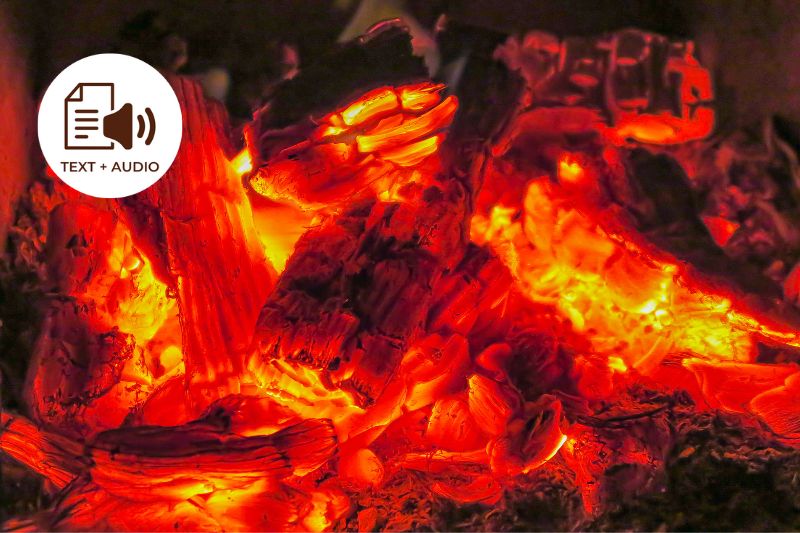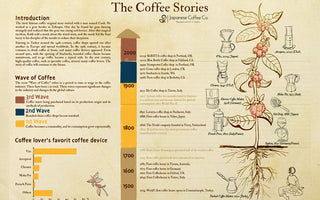Are you the type of person who can only function after having your morning cup of coffee? If so, then you're probably interested in what researchers have to say on the association of coffee and caffeine to health. Is coffee good or bad for you? Will it shorten your life, or will it protect you from diseases? Since cancer is a leading cause of death worldwide and coffee is as popular as it is, it's important to follow what studies have found on the link between the two.

Is coffee carcinogenic?
First and foremost, we have to address the possibility of coffee being cancer-causing. Thanks to a controversial 2018 California court ruling that proposed coffee sold within the state bears a cancer warning due to the presence of a potential carcinogen called acrylamide, many people now have it in their heads that coffee may increase their risk of getting cancer. However, the Food and Drug Administration was actually quick to respond, citing evidence of coffee's safety. California's Office of Environmental Health Hazard Assessment itself also chose to reject the suggestion.
Nonetheless, some people tend to operate on the famous adage "where there's smoke, there's fire," so they remain leery even if it has been proven that there's no just cause for it.
What is acrylamide, and does coffee really have it?
Acrylamide is a commercially available chemical typically used for industrial processes. It has been identified by the International Agency for Research on Cancer as a probable carcinogen, mainly based on experiments done on animals. It could be formed from sugar and the amino acid asparagine when cooked on high heat. And, yes, any type of coffee that has gone through a roasting process - even those made from substitute sources like cereal and chicory root - has some acrylamide.
Acrylamide could also be found in toast, chips, pretzels, crackers, cookies, cereal, and French fries. Due to its presence in everyday food items, extensive research has been done on it. While it showed that the chemical increased cancer risk for the lab animals, it involves amounts much more significant than what people could get from drinking coffee. At the end of the day, the resulting evidence in humans indicates no link between dietary acrylamide and the risk of several different cancers.

Can coffee fight cancer?
Coffee has a multitude of compounds. Many of them are potentially beneficial, particularly polyphenols. Also called phytochemicals or phytocompounds, they naturally occur in plants, including coffee. The most notable in coffee are melanoidins, phenolic acids, diterpenes, lignans, and caffeine. They inhibit oxidation, which can damage vital cell molecules needed for proper body functioning. Incidentally, numerous studies have shown that polyphenols could be helpful in preventing and treating cancer.
What do the most recent studies say about coffee's relationship with cancer?
Current knowledge states that coffee is not only unassociated with the development of most cancers, but it may actually have a protective effect. These are the data presented by the American Institute for Cancer Research:
- There is probable evidence that coffee consumption lowers the risk of liver and endometrial cancer.
- There is limited suggestive evidence that coffee may reduce the risk of mouth, larynx, pharynx, and skin cancers.
Meanwhile, other health organizations or journals cite studies that have the following indications:
National Institutes of Health PubMed Journal
- Besides reducing the risk of liver cancer, coffee may also have a protective effect against colorectal and breast cancer.
- Findings on the relationship of coffee with lung and bladder cancer remain conflicting, so further - larger and better-designed - research is necessary.
American Cancer Society
- Newer studies associate coffee consumption with reduced risk of head, neck, prostate and endometrial cancer as well as some cancers of the throat and mouth.
New England Journal of Medicine
- Drinking coffee may be associated with a slightly lower risk of developing melanoma and non-melanoma skin cancer as well as breast, endometrial, liver, and prostate cancer.
International Journal of Epidemiology
- The observation in the largest investigation on coffee consumption's relation to renal cell carcinoma as of 2021 indicates a 20 percent lower risk for those who drank more than two cups of coffee daily than those who didn't drink coffee at all.

Are there other links between drinking coffee and cancer?
Besides acrylamide, coffee also gets some cancer buzz from suggestions that the temperature at which it is consumed may pose the risk of esophageal cancer. The study was performed on maté, a traditional tea consumed in Africa, Asia, and South America, but the observation indicating an increased risk of esophageal cancer associated with higher drinking temperature applies to all hot beverages.
Is coffee good for cancer?
Overall, the logical conclusion gleaned from the most recent and more exhaustive studies is that coffee drinking may offer certain health benefits, including risk reduction of certain cancers. Nonetheless, more research is necessary to more thoroughly understand the factors underlying associations between coffee and cancer risk.
Get Free Bonus Books

Sign up for free to the Coffee Club to get advice and exclusive articles about how to choose Japanese Coffee, and tips, tricks, and recipes for enjoying Japanese coffee.
About the author
Kei Nishida
Author, CEO Dream of Japan
Certification: PMP, BS in Computer Science
Education: Western Washington University
Kei Nishida is a passionate Japanese tea and coffee connoisseur, writer, and the founder and CEO of Japanese Coffee Co. and Japanese Green Tea Co., both part of Dream of Japan.
His journey began with a mission to introduce the world to the unparalleled quality of Japanese green tea. Through Japanese Green Tea Co., he established the only company that sources premium tea grown in nutrient-rich sugarcane soil—an innovation that led to multiple Global Tea Champion awards.
Building on this success and his passion for Japanese craftsmanship, Kei expanded into the world of coffee, pioneering the launch of Japanese Coffee Co., the first company to bring Sumiyaki charcoal-roasted coffee to a global audience. His dedication to authenticity and quality ensures that this traditional Japanese roasting method, once a well-kept secret, is now enjoyed worldwide.
Beyond tea and coffee, Kei has also introduced Japan’s legendary craftsmanship to the world through Japanese Knife Co., making handmade katana-style knives—crafted by a renowned katana maker—available outside Japan for the first time.
Kei’s journey continues as he seeks out and shares the hidden treasures of Japan, one cup and one blade at a time.
Learn more about Kei


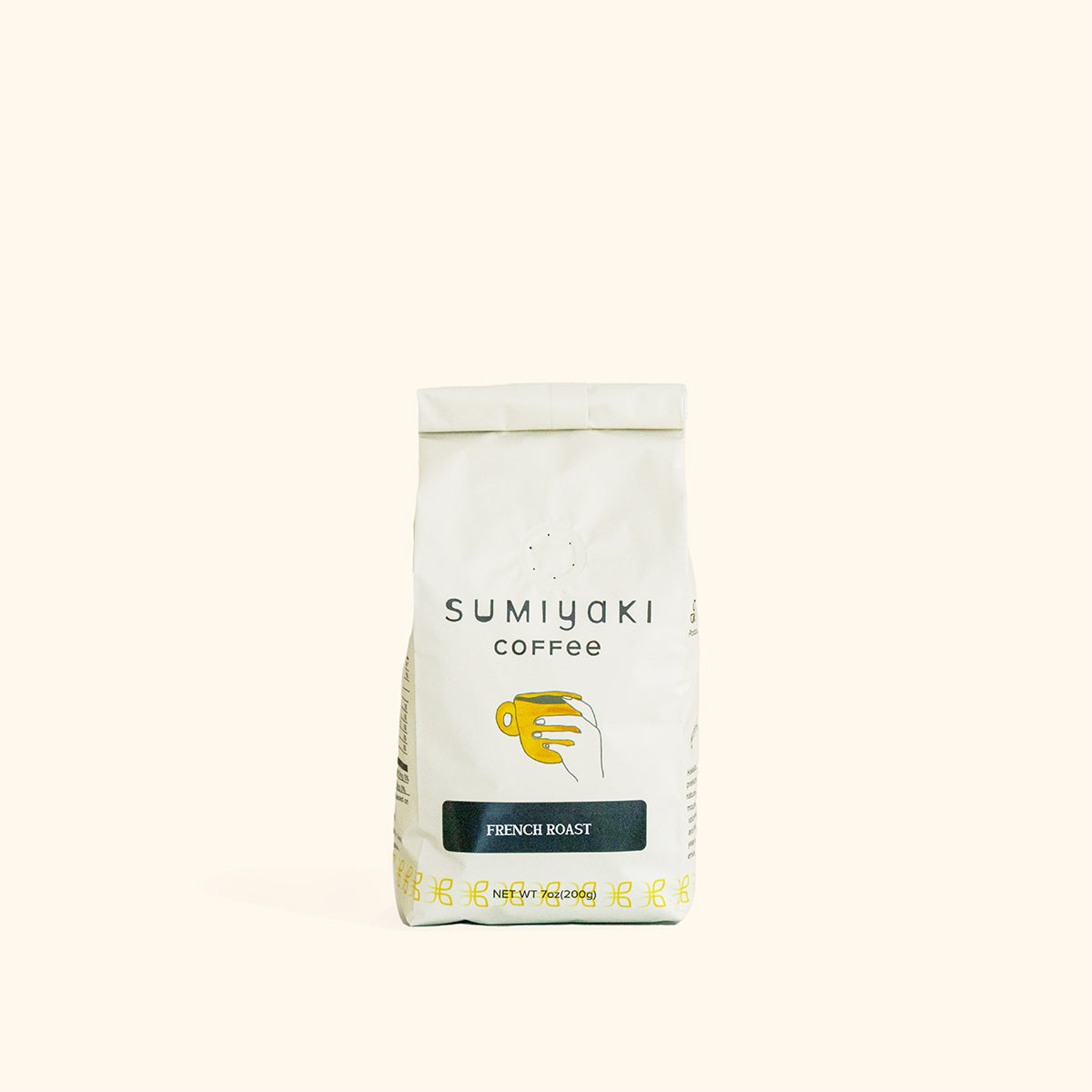


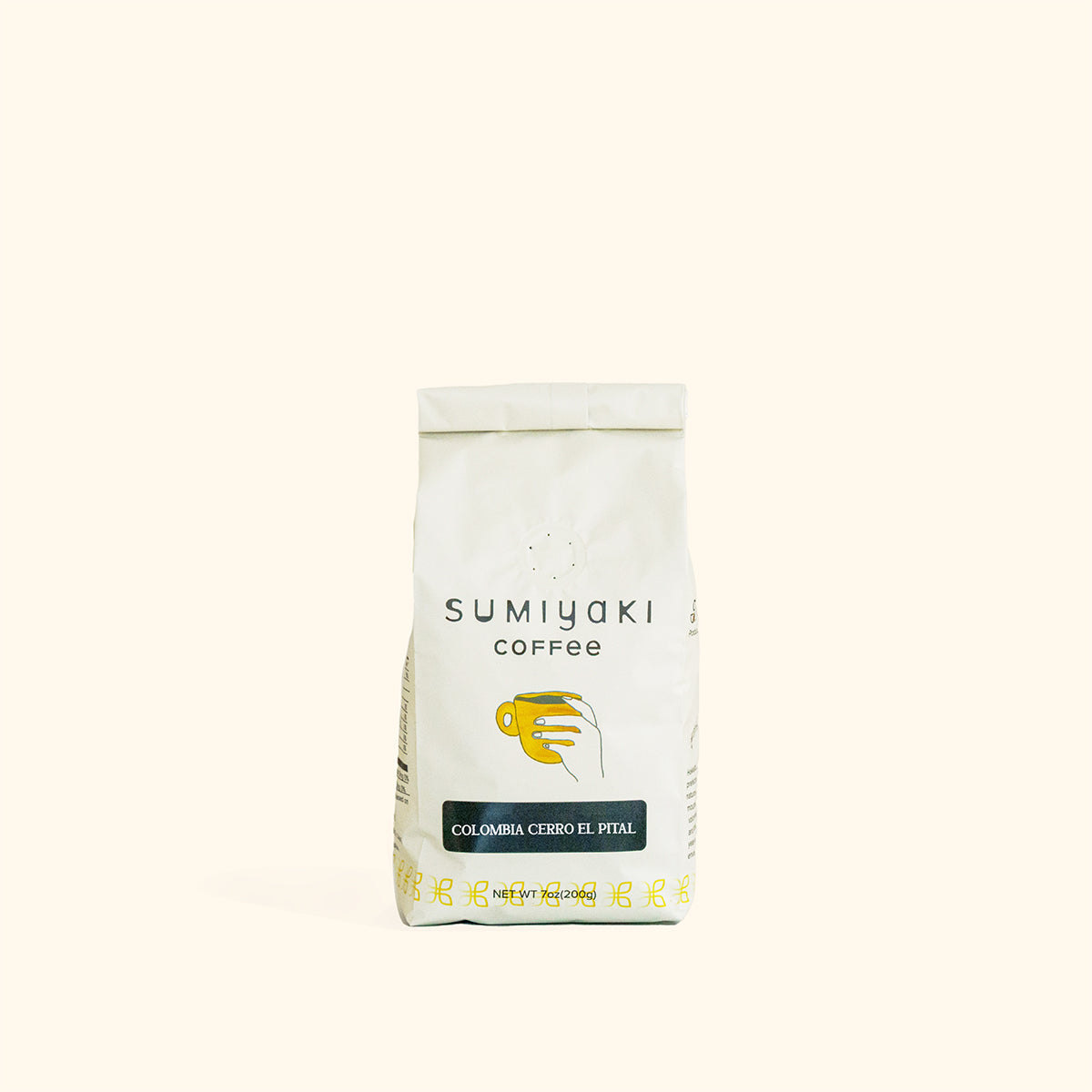
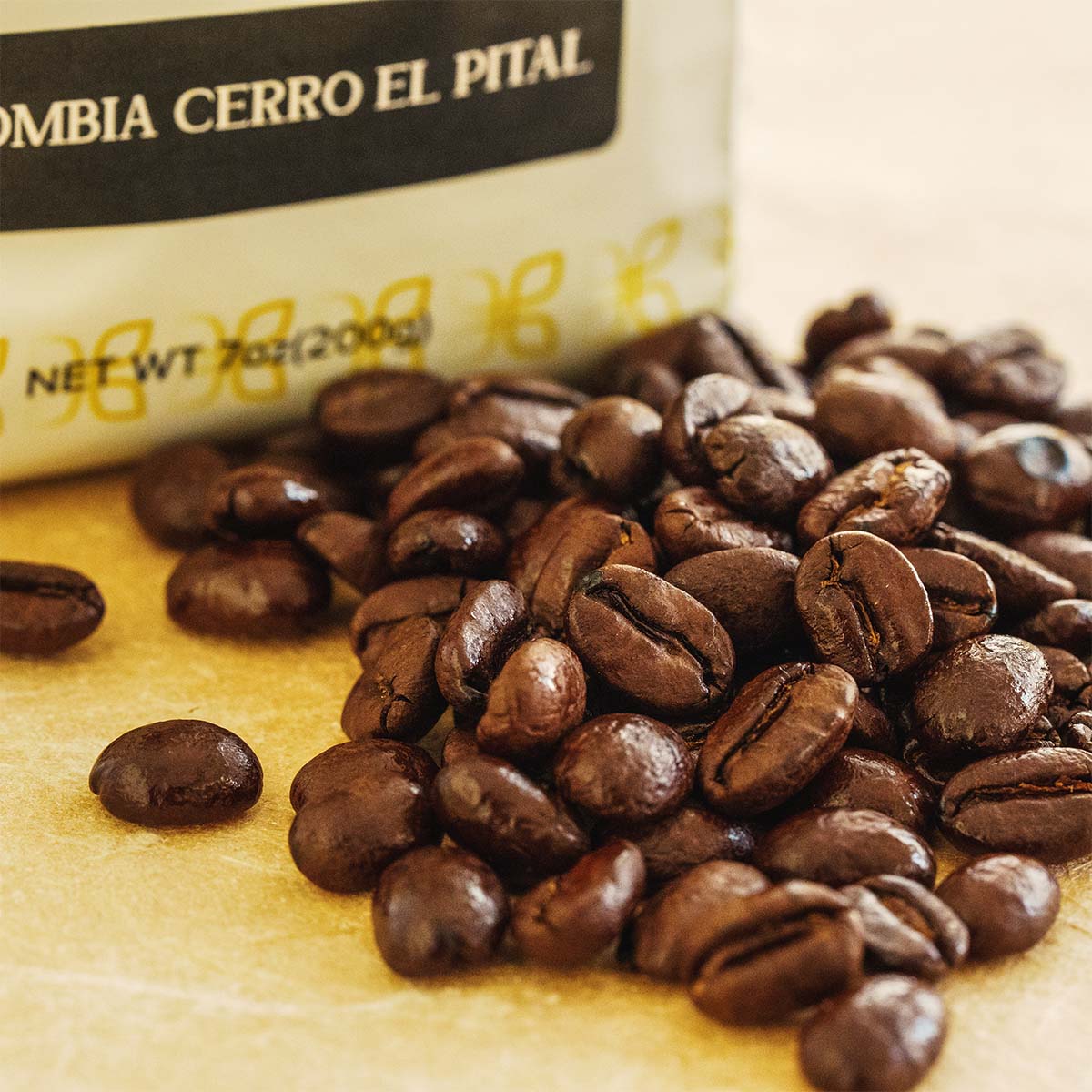

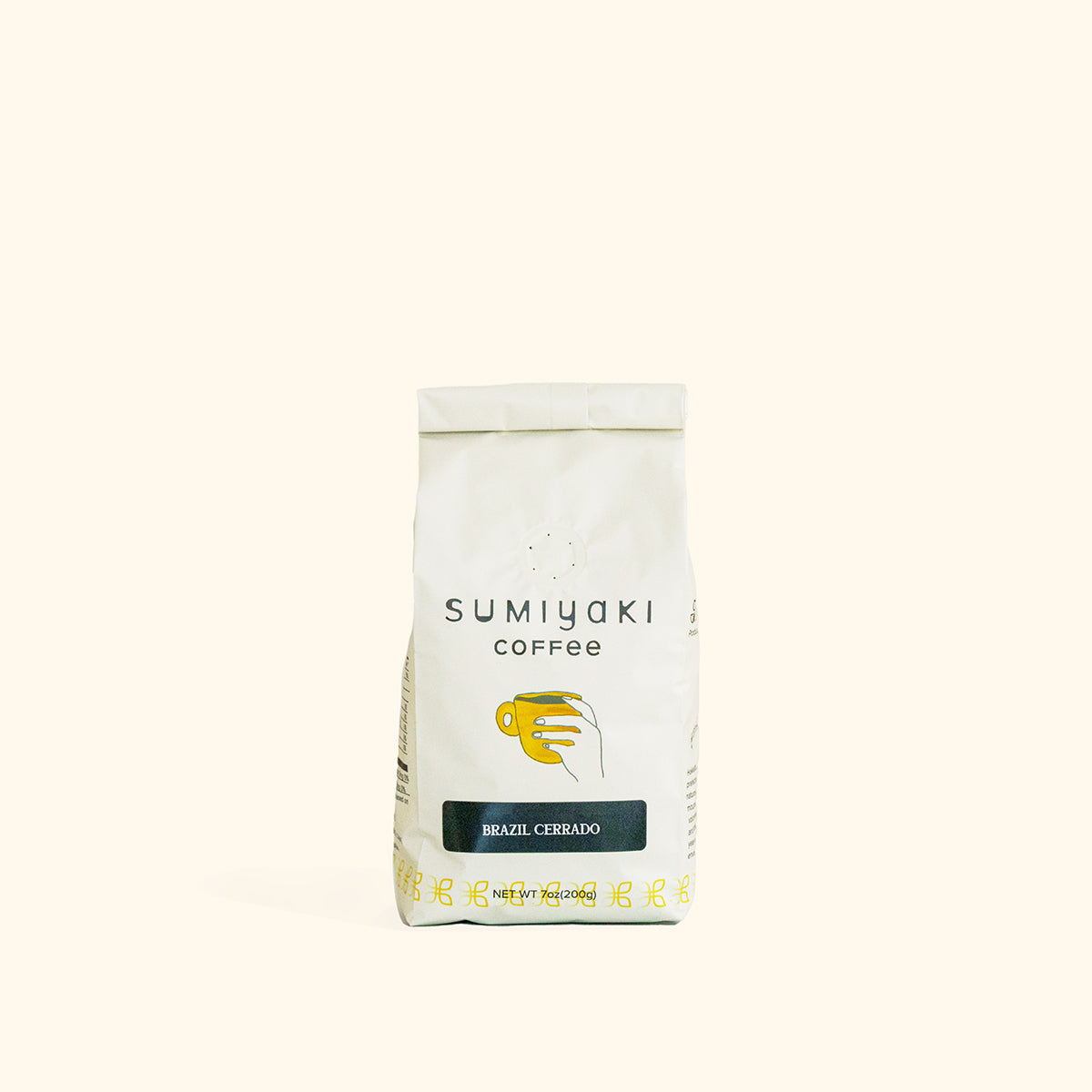
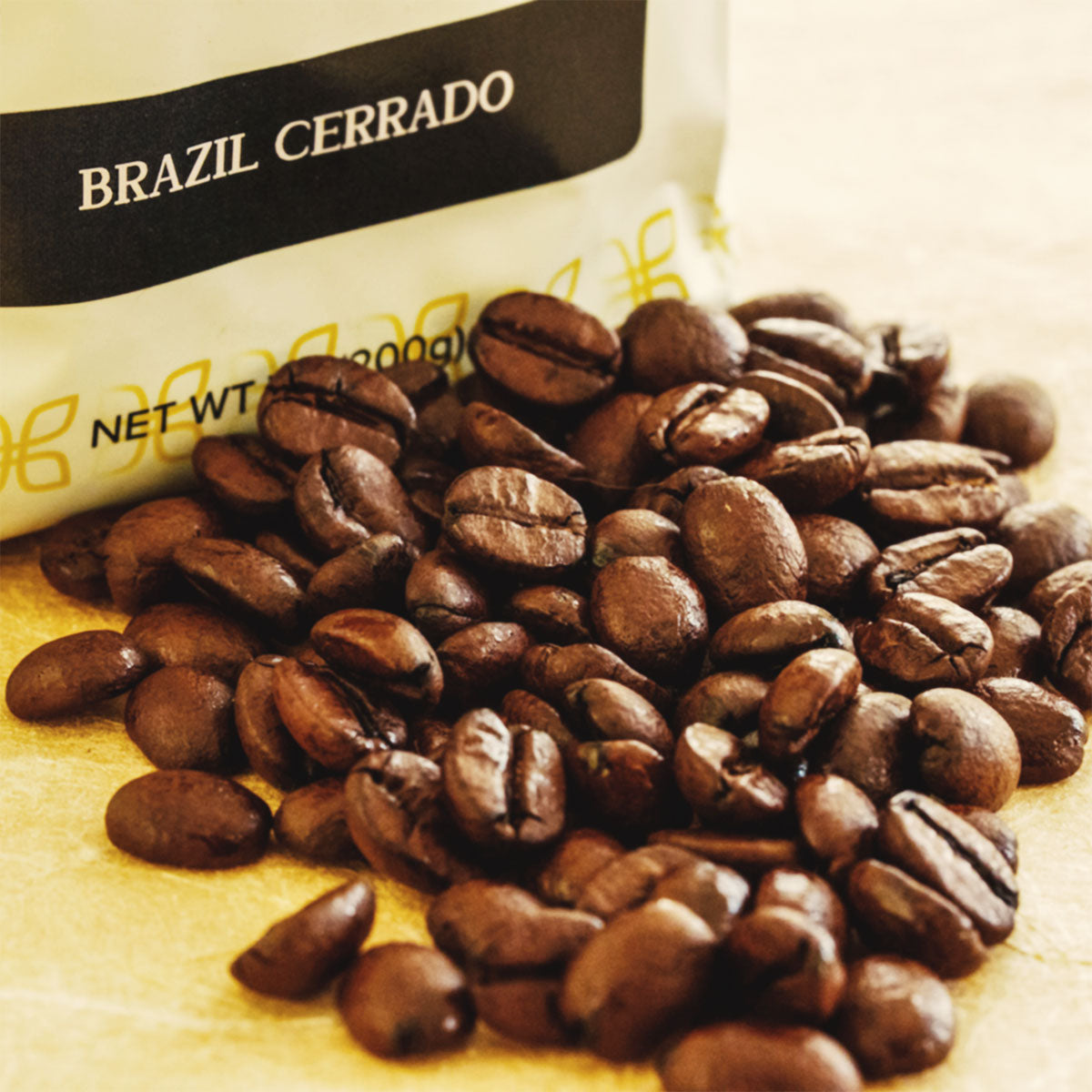
![Asa Tsuyu Blend [Light Blend] Coffee (Colombia, Brazil, Ethiopia)](http://japanesecoffeeco.com/cdn/shop/files/web-ready_Asa_Tsuyu_Blend_life-style.jpg?v=1754689231)
![Asa Tsuyu Blend Package [Light Blend] Coffee (Colombia, Brazil, Ethiopia)](http://japanesecoffeeco.com/cdn/shop/files/AsaTsuyuBlendpackage.jpg?v=1754689220)
![Asa Tsuyu Blend [Light Blend] Coffee Beans (Colombia, Brazil, Ethiopia)](http://japanesecoffeeco.com/cdn/shop/files/AsaTsuyuBlendcoffeebeans.jpg?v=1754689220)





